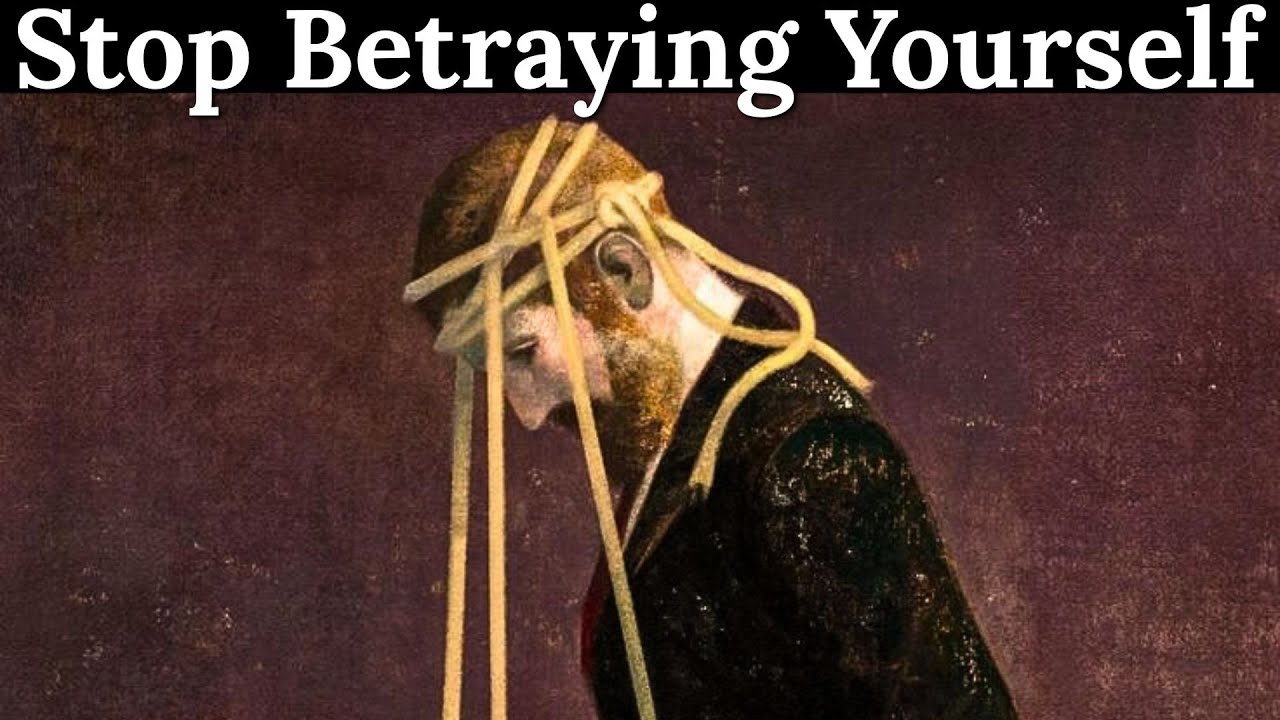The video highlights how living behind social masks and betraying our true selves leads to inner conflict and psychological distress, emphasizing Carl Jung’s concept of the “unlived life” and the importance of authentic self-acceptance. It explains Jung’s process of individuation—integrating all parts of oneself—and encourages embracing authenticity as a vital, courageous path to fulfillment and wholeness.
The video explores the idea that many people live dual lives: the authentic self they are born with and the social masks they adopt to gain approval. This internal fragmentation leads to feelings of emptiness, anxiety, and a sense of betrayal against oneself. Carl Jung’s concept of the “unlived life” highlights how abandoning parts of our true nature in favor of social acceptance gradually disconnects us from our inner selves, causing inner conflict and psychological distress over time.
Jung’s personal experiences reflect this struggle, especially his early split between his superficial social persona and his deeper, more authentic inner self. He recognized that society encourages us to wear masks—what he called the persona—necessary for social navigation but dangerous when mistaken for our true identity. When we forget that the persona is just a mask, we betray ourselves by suppressing our authentic feelings and qualities, which can lead to inner toxins, neurosis, and a loss of self-awareness.
A pivotal moment in Jung’s life was his break from Freud, which symbolized a refusal to conform to external expectations at the expense of his inner truth. This separation allowed him to confront his unconscious mind, dreams, and visions, which he documented in the Red Book. Through this process of engaging with his shadow and unconscious material, Jung learned that acknowledging and integrating all parts of oneself—both light and shadow—is essential for psychological wholeness, a process he called individuation.
Individuation, according to Jung, is a lifelong, spiraling journey of self-discovery and integration. It involves honest self-confrontation, acceptance of all aspects of the psyche, and the gradual merging of the persona, shadow, and true self into a coherent whole. This process often requires standing apart from societal expectations and risking disconnection or rejection, but ultimately it leads to greater authenticity, deeper relationships, and a sense of fulfillment. Jung emphasized that living authentically is a moral imperative that benefits not only the individual but also the collective human experience.
The video concludes by emphasizing that the pursuit of wholeness is ongoing and requires courage, persistence, and self-love. Living true to oneself may mean losing superficial approval or facing inner fears, but it is the only path to genuine fulfillment and a meaningful life. Jung’s life exemplifies that embracing one’s true nature enriches both the individual and society, making authenticity a radical act of healing. The key question remains: where are we betraying ourselves for approval, and what would it take to live more fully from our own core?
